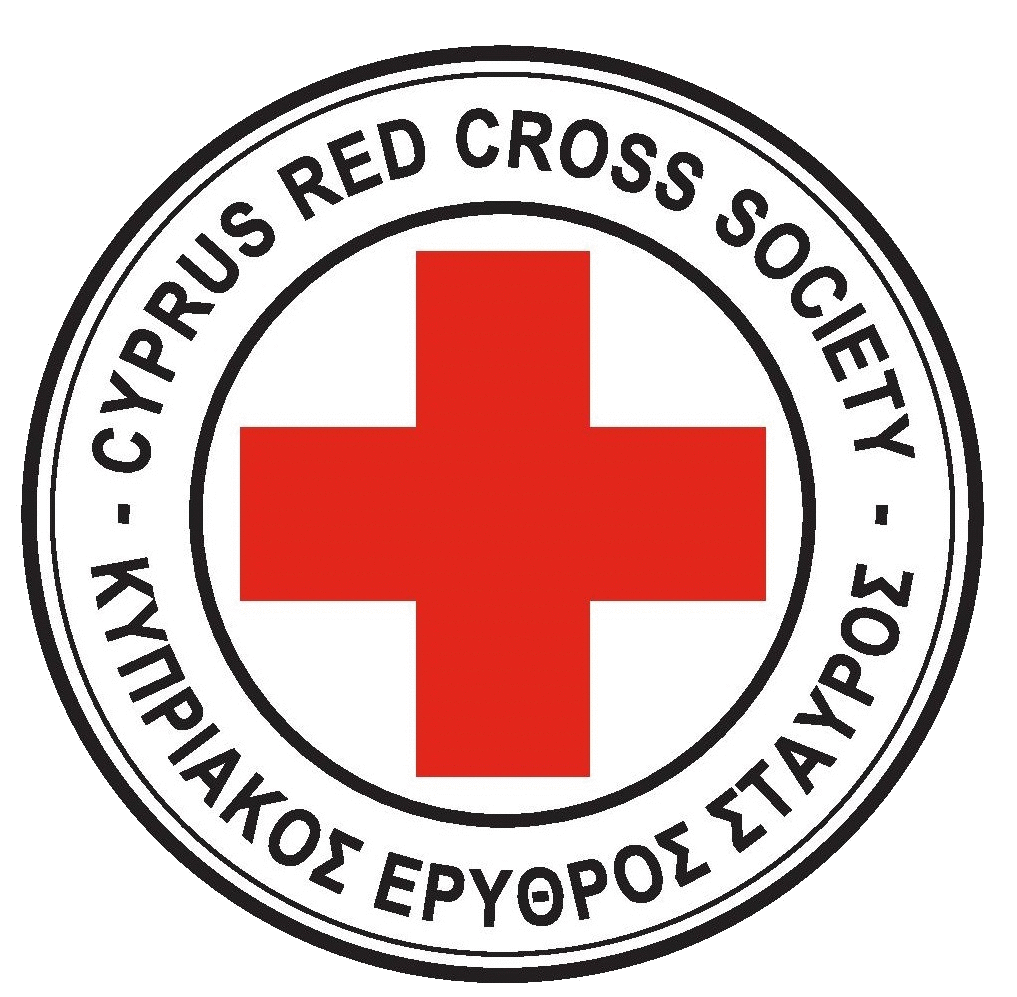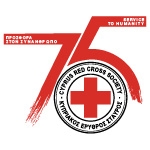International Migrants Day 2021
Exclusion of rights at EU Borders: the new normal?
Ahead of International Migrants Day (18 December 2021), the Red Cross EU Office calls on the EU and Member States to stop transforming Europe’s borders into areas of exclusion and exemption of human rights. Every person, regardless of their nationality or migrant status, is entitled to fundamental rights; rights which states have to respect at all times. Current policy choices aimed at curtailing migration at any cost and externalising protection responsibilities are exacerbating the challenges faced by people on the move. Urgent action is needed to uphold the rule of law and ensure accountability at the EU’s external borders.
From the Mediterranean Sea to the English Channel and the borders with Belarus, the EU’s sea and land borders have become a synonym for human tragedy and disregard for the rights of migrants trying to reach Europe. Excessive focus on border control measures and dangerous deterrence practices such as border closures, razor-wire fences and pushbacks, expose people to severe hardship and deprive them of access to essential assistance. Tragically, thousands of lives have been lost at EU borders and countless people have gone missing without a trace in recent years as a result. Often, significant challenges persist for those who do make it to Europe. Family separation, undignified reception conditions, arbitrary detention and limited mechanisms to identify or address their needs, are just some of the humanitarian consequences of the EU’s current border regime.
EU Member States dedicate significant resources to constraining people in third countries without the necessary safeguards to guarantee their humane treatment. The apparent normalisation of refoulement and persistent avoidance of responsibility for guaranteeing migrants’ human rights are extremely worrying. European countries must also apply their obligations under EU and international law at their borders. Unlawful acts should be swiftly investigated so that no incident goes unreported, and victims of violations have access to redress.
While European countries rely on humanitarian actors to address the consequences on migrants’ dignity, their life-saving work is increasingly questioned and challenged. On land borders like those between the EU and Belarus, they experience limited or irregular access to border zones, preventing them from delivering critical services and protection work. At sea, organisations carrying out search and rescue are often faced with mistrust and a lack of support, although they fill the gap created by governments’ negation of their responsibilities. Recent deaths in the English Channel are further proof that a blend of tightened border controls and scarce safe migration pathways are forcing people into more dangerous routes and situations.
There is an acute and pressing humanitarian imperative to offer assistance and protection to all people on the move, irrespective of their status. To enable this, the EU should encourage and enable the establishment of humanitarian service points – places that provide a welcoming and safe environment for all migrants to access services, without fear of being arrested or reported to the authorities. This would be an important step to help protect the life, dignity and rights of every individual on the move.
In recent years, EU actions aimed at countering irregular migration have undermined migrants’ rights and humanitarian needs. The suffering witnessed at Europe’s sea and land borders is a stark reminder that states should reintroduce a human rights-based approach to border governance. While it is important to address the humanitarian consequences of smuggling and trafficking, disproportionate focus on border control and externalisation measures have undermined migrants’ wellbeing within the EU and along increasingly dangerous migratory routes. For many, the services of smuggling and trafficking networks are the only option to reach safety and security.
With European countries approaching a precarious tipping point where established human rights approaches enshrined in EU and international law are in danger of being irreversibly eroded, we call for migrants’ fundamental rights to be upheld, in line European values and standards. Looking beyond restrictive border management responses in the name of deterrence policy, attending to migrants needs and rights is a task of global solidarity.
Source: Red Cross EU Office
Follow the link: Exclusion of rights at EU borders






